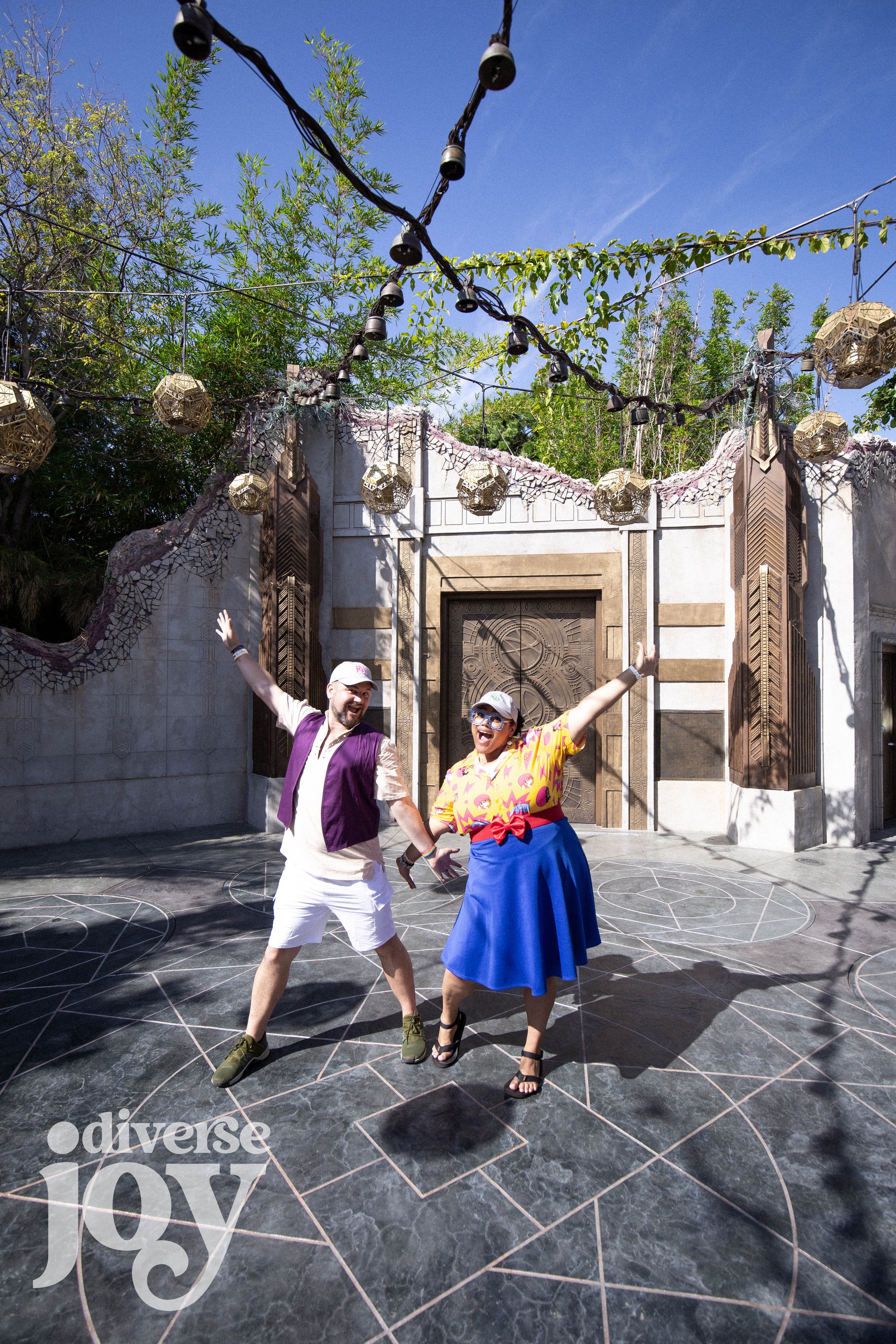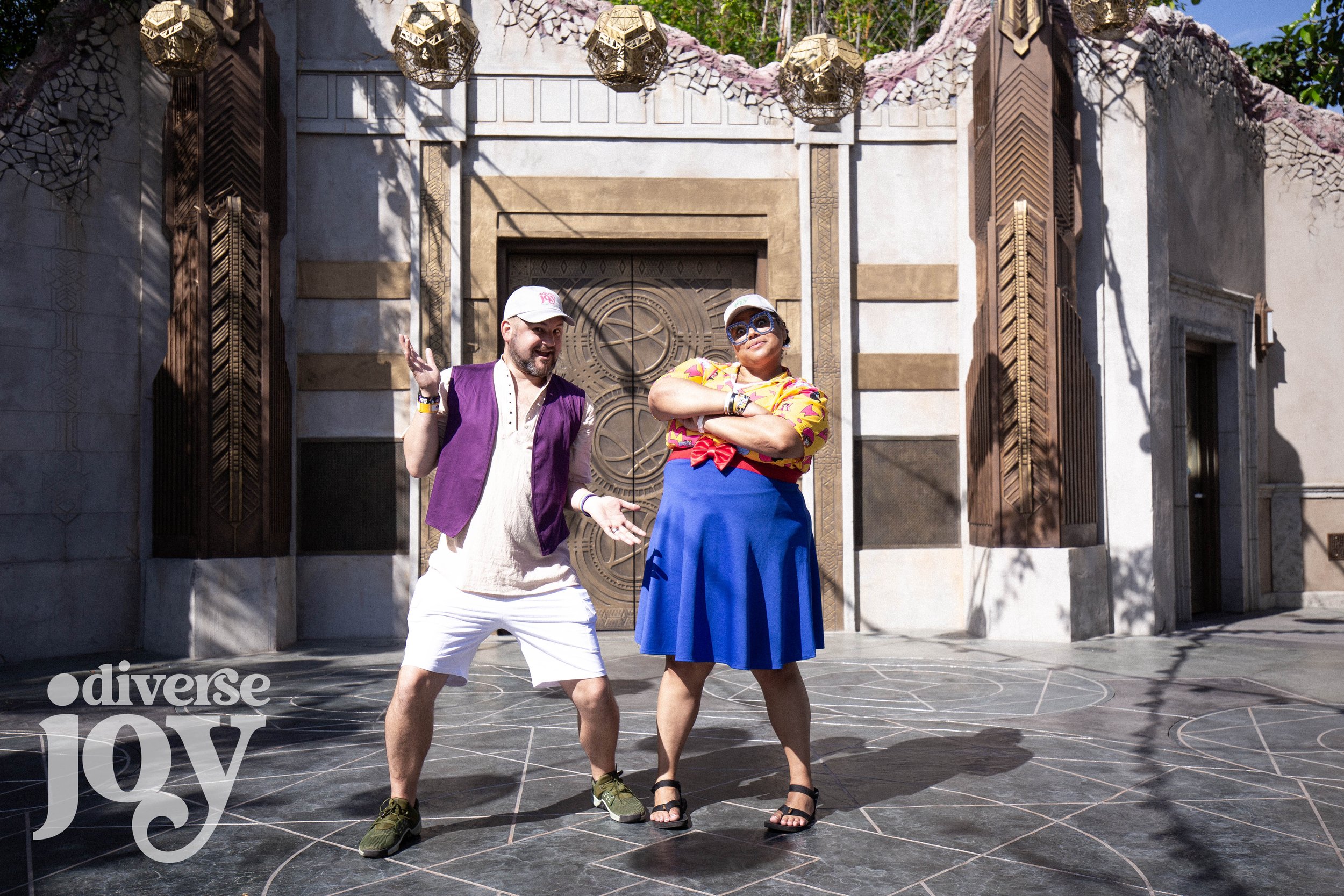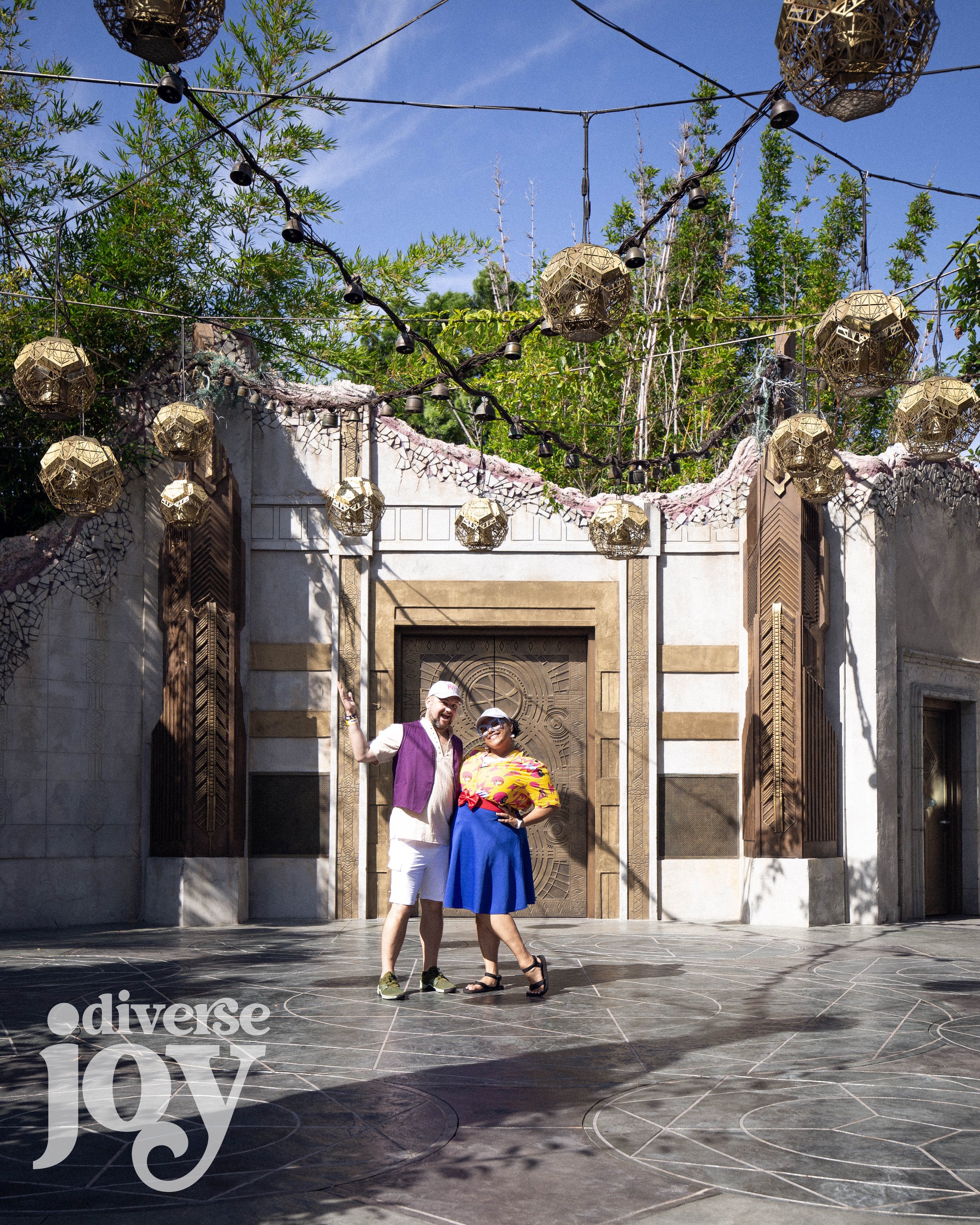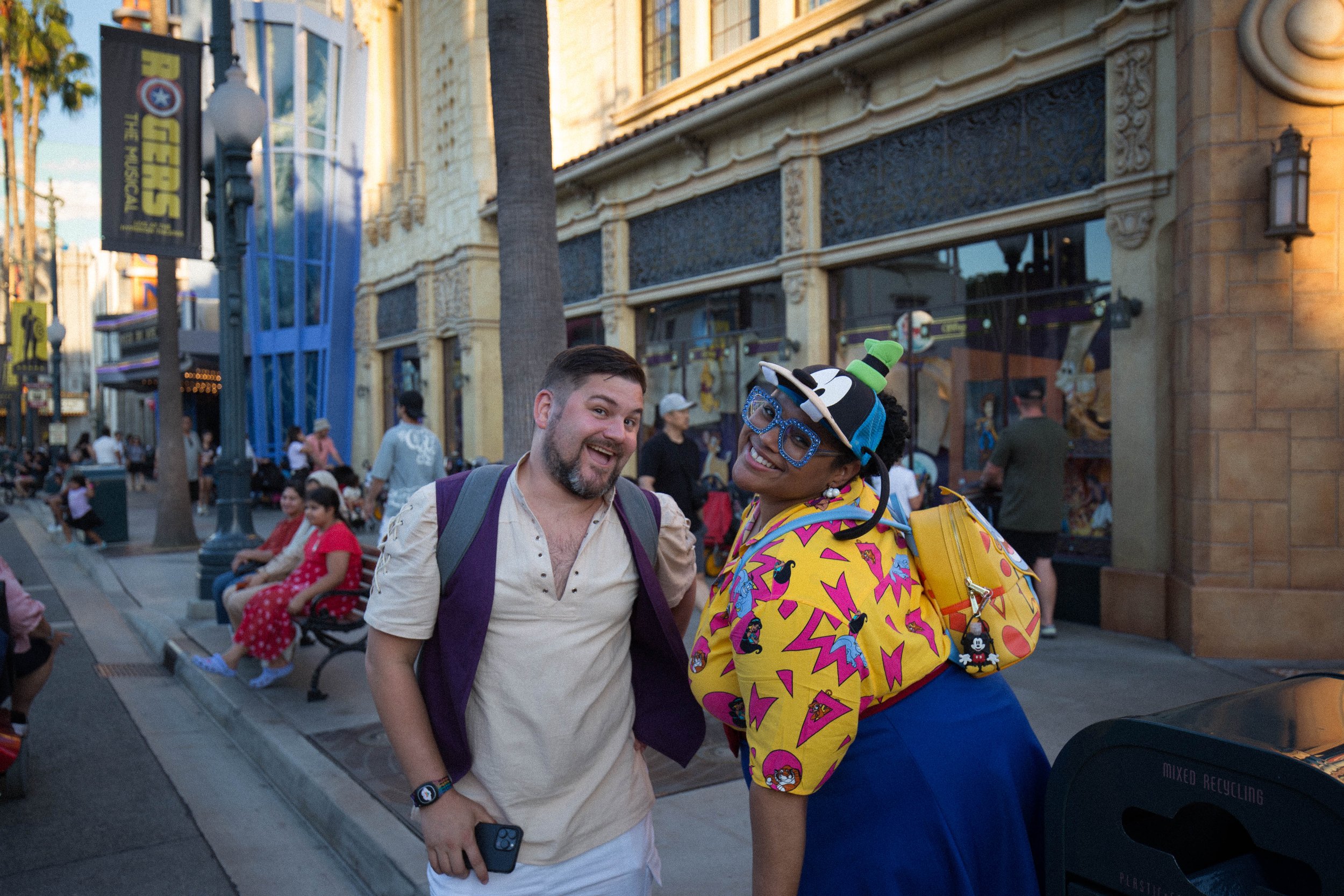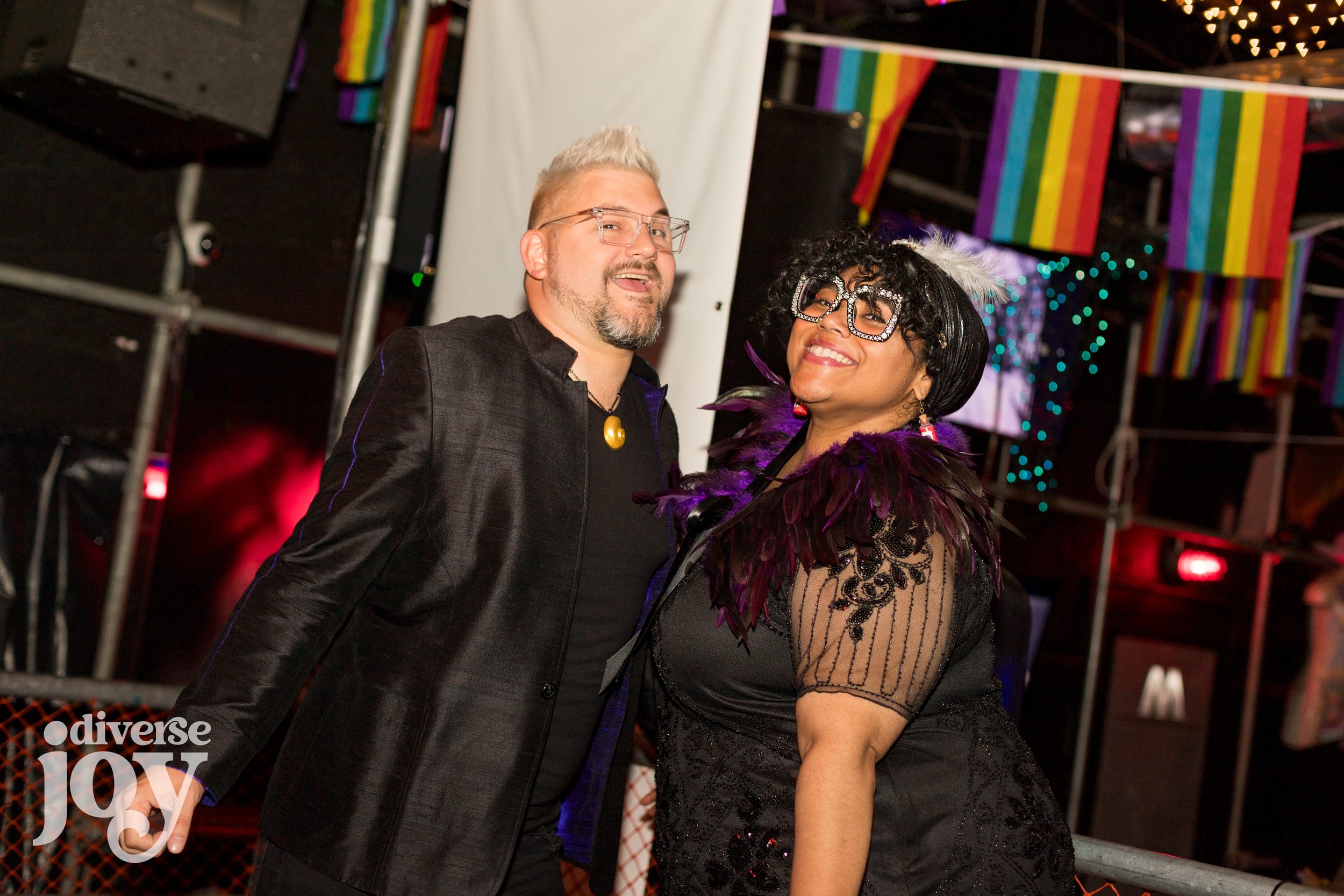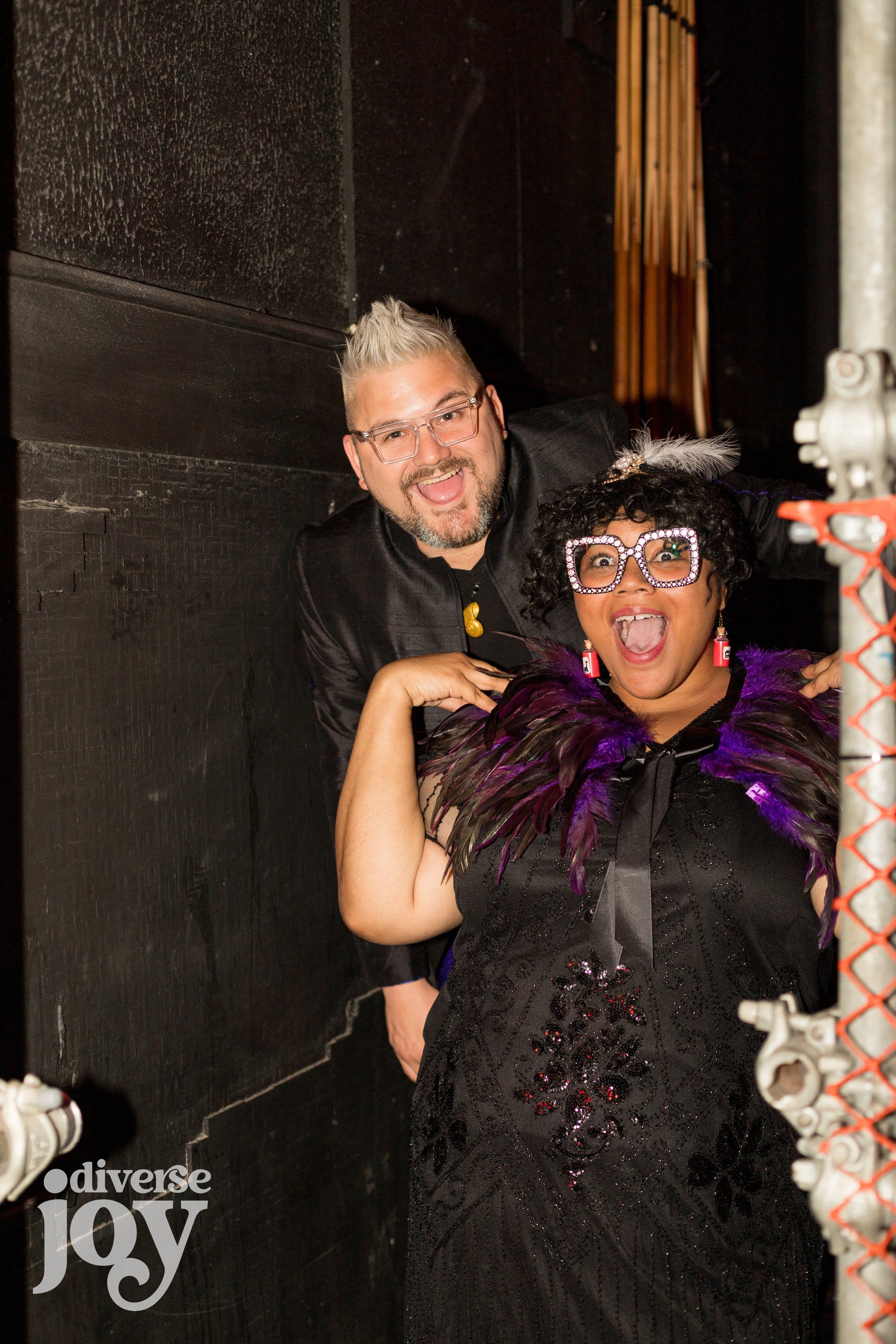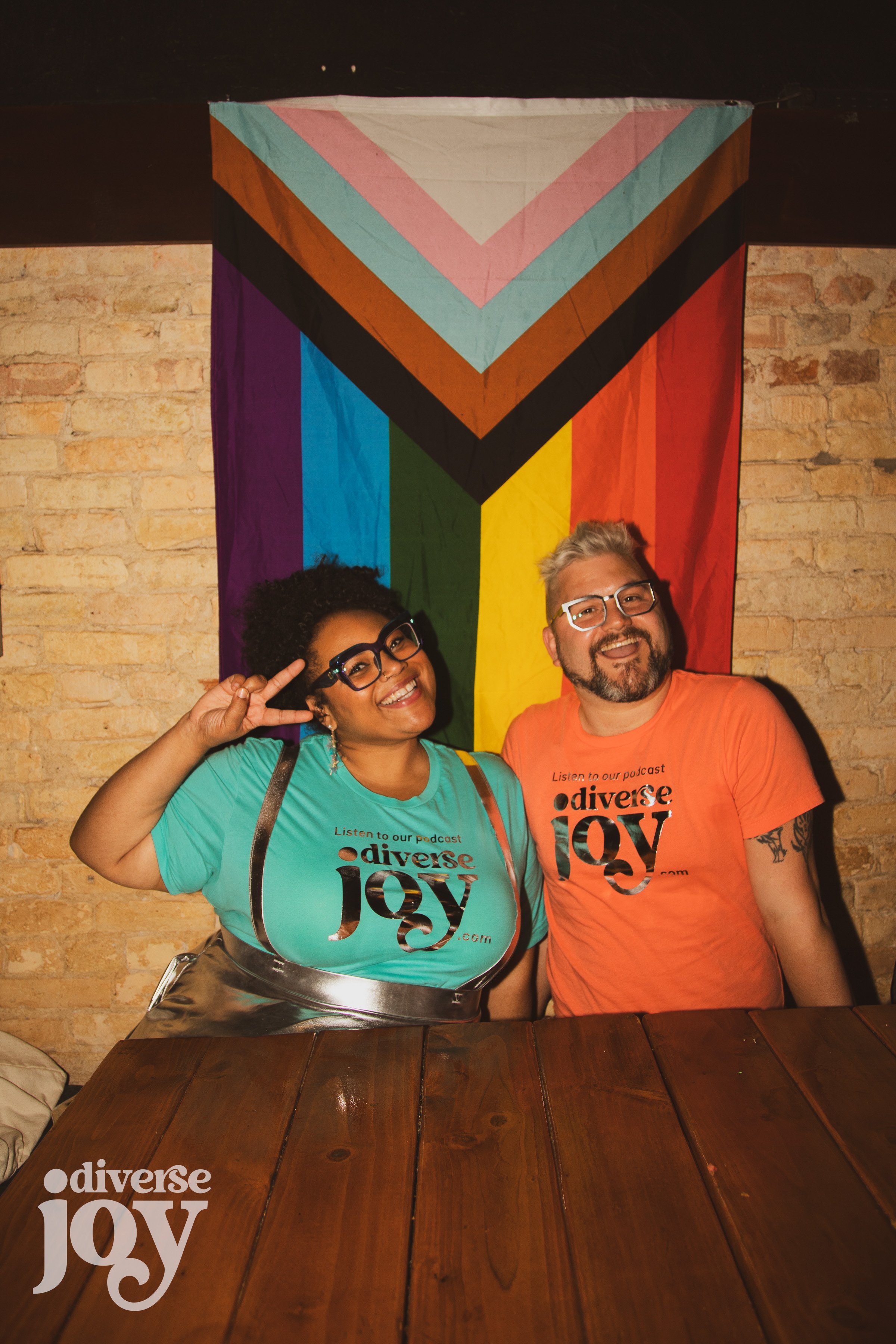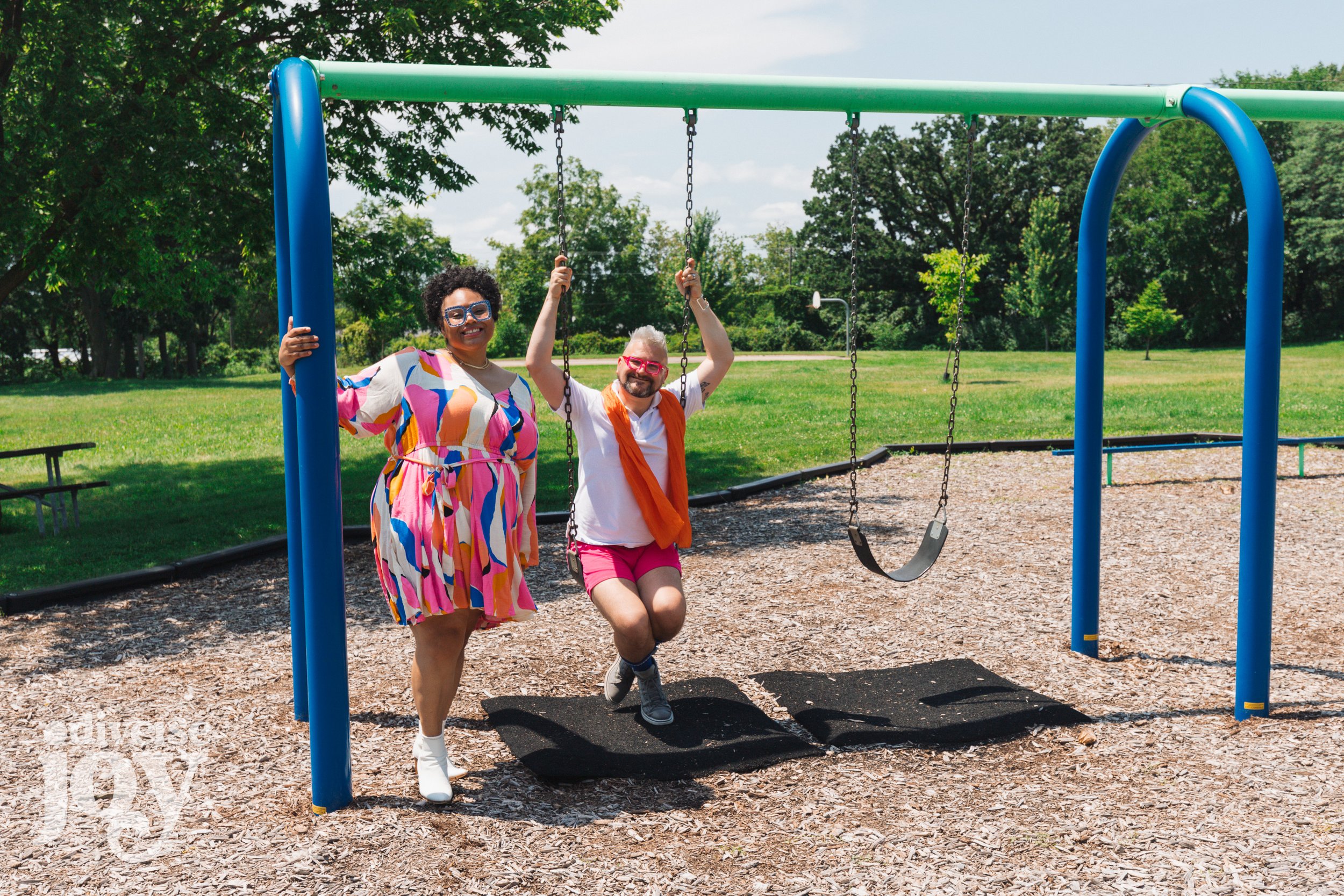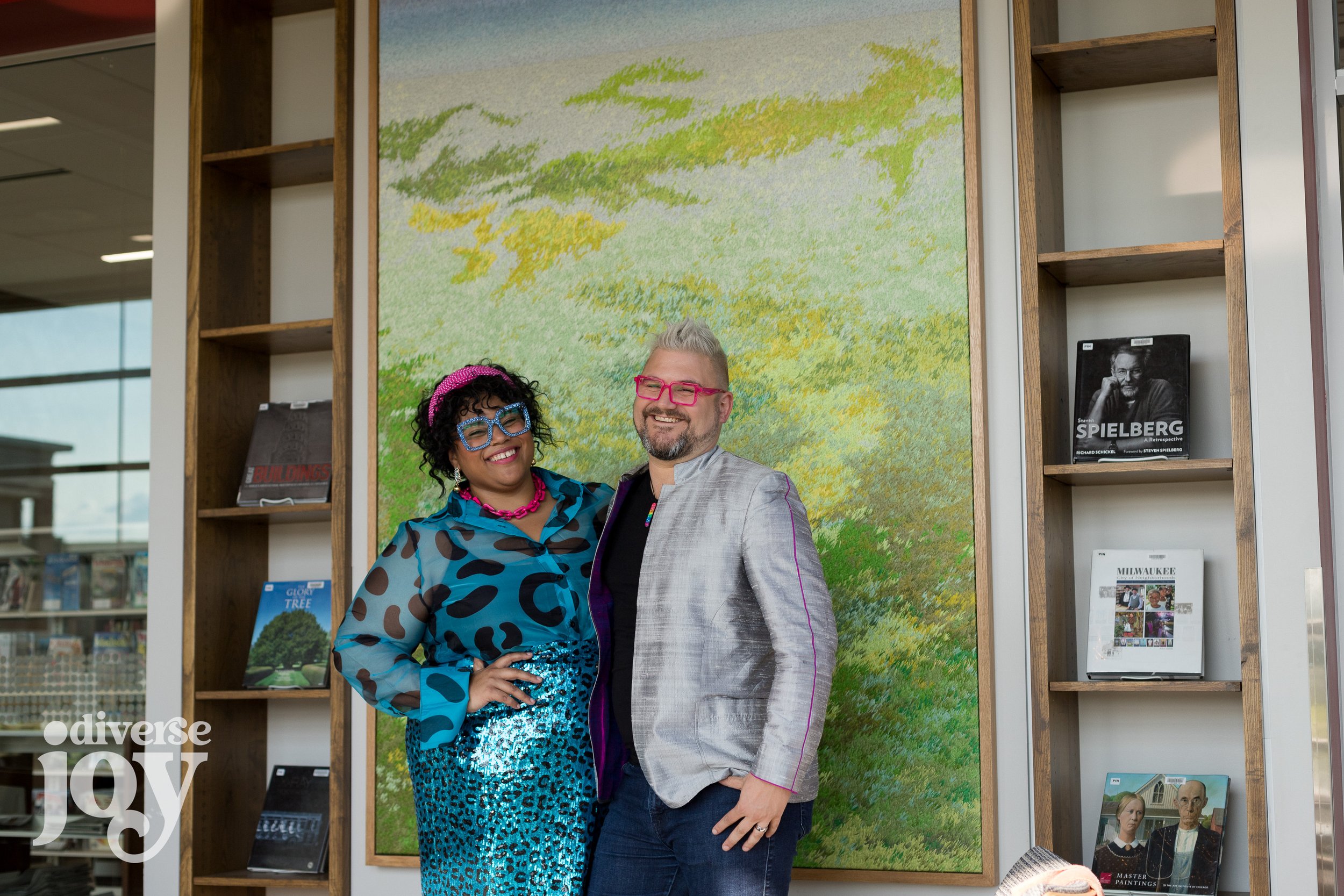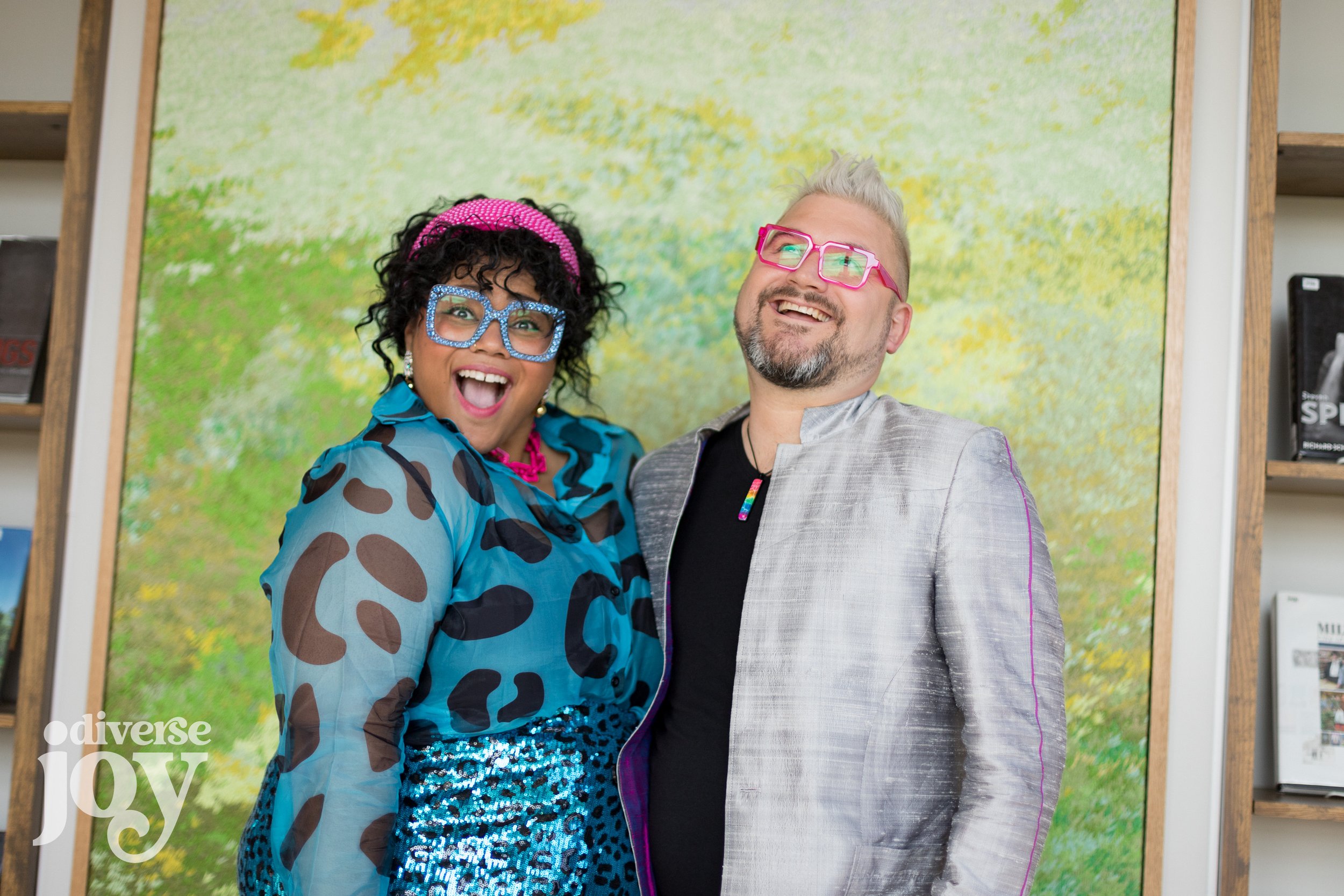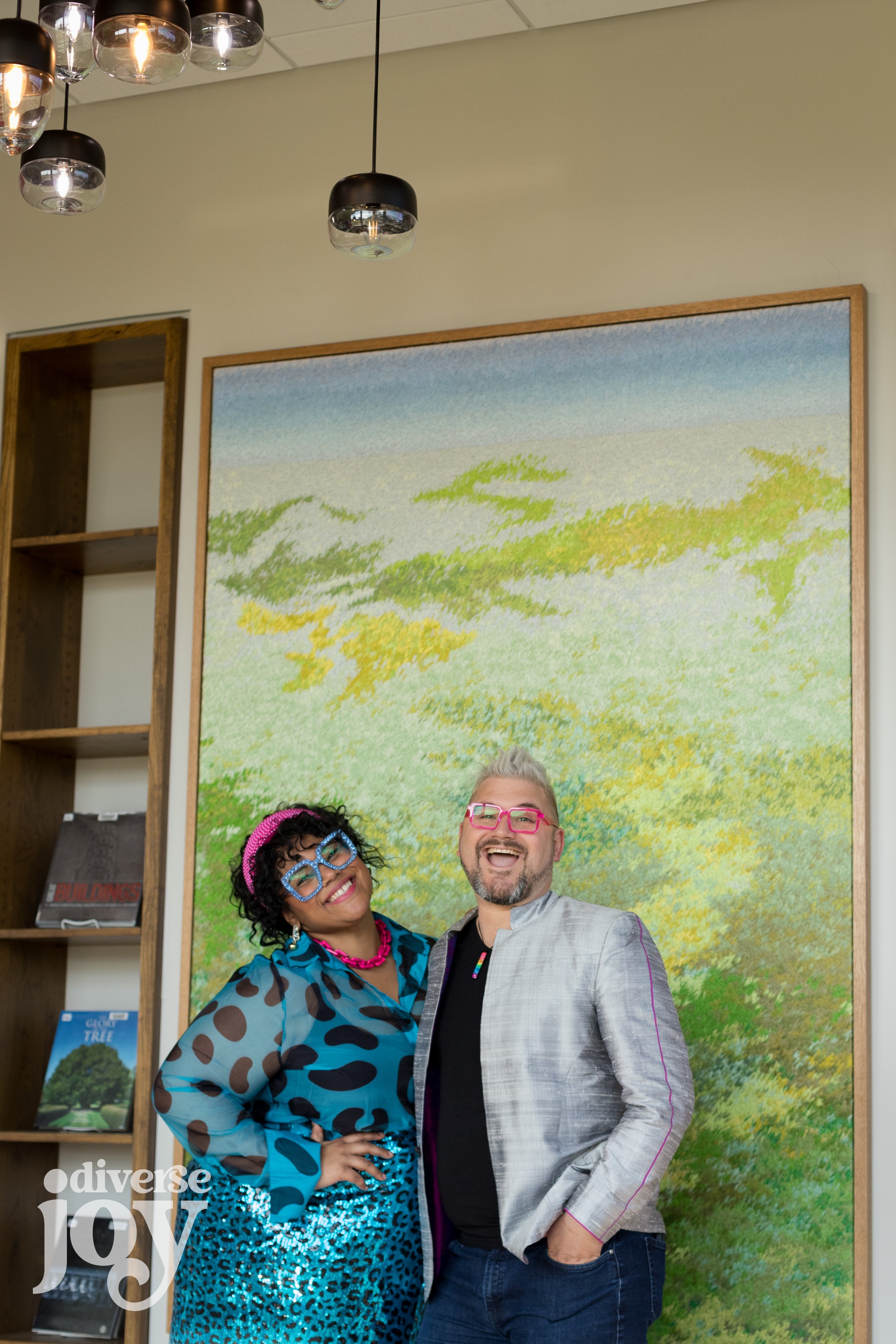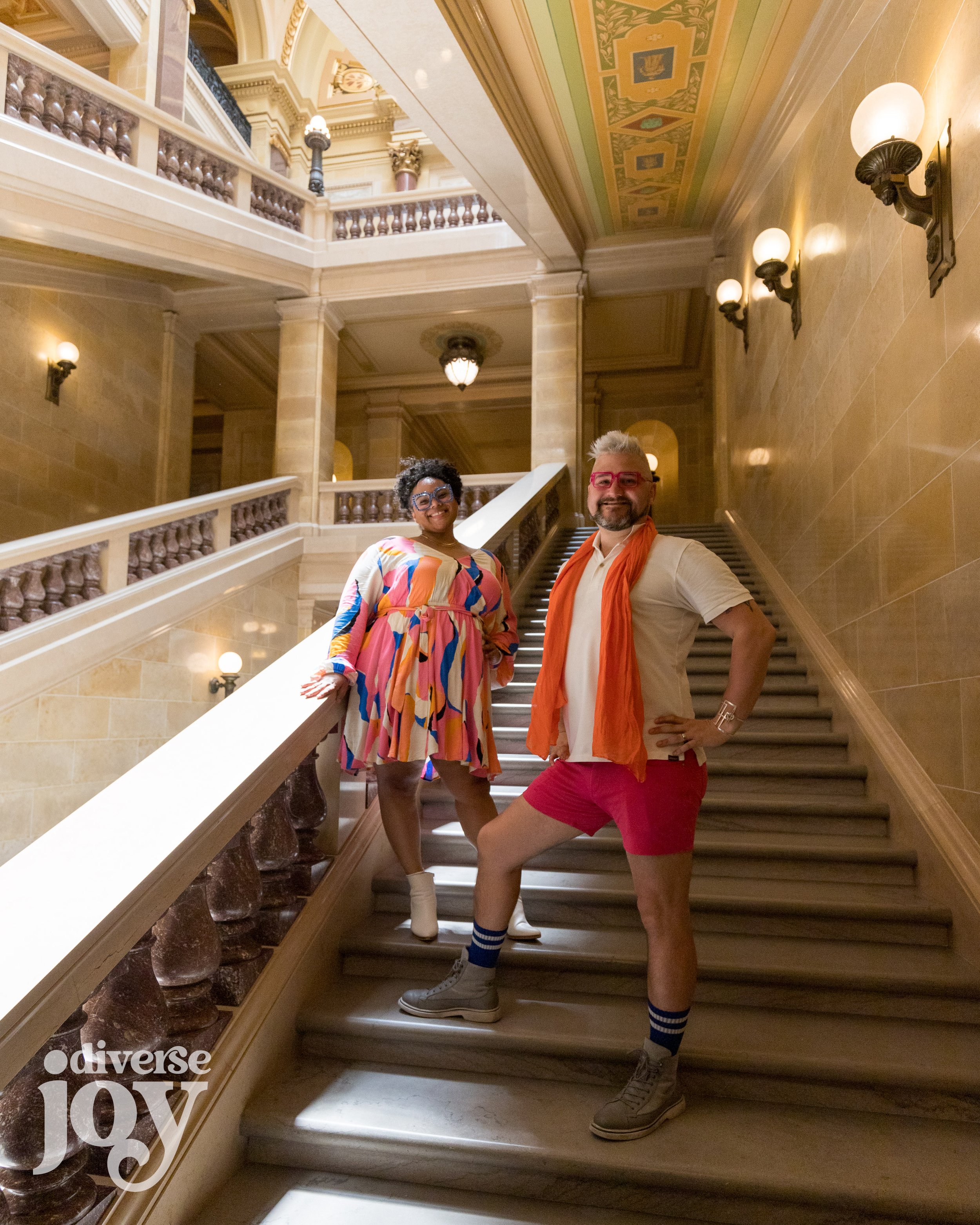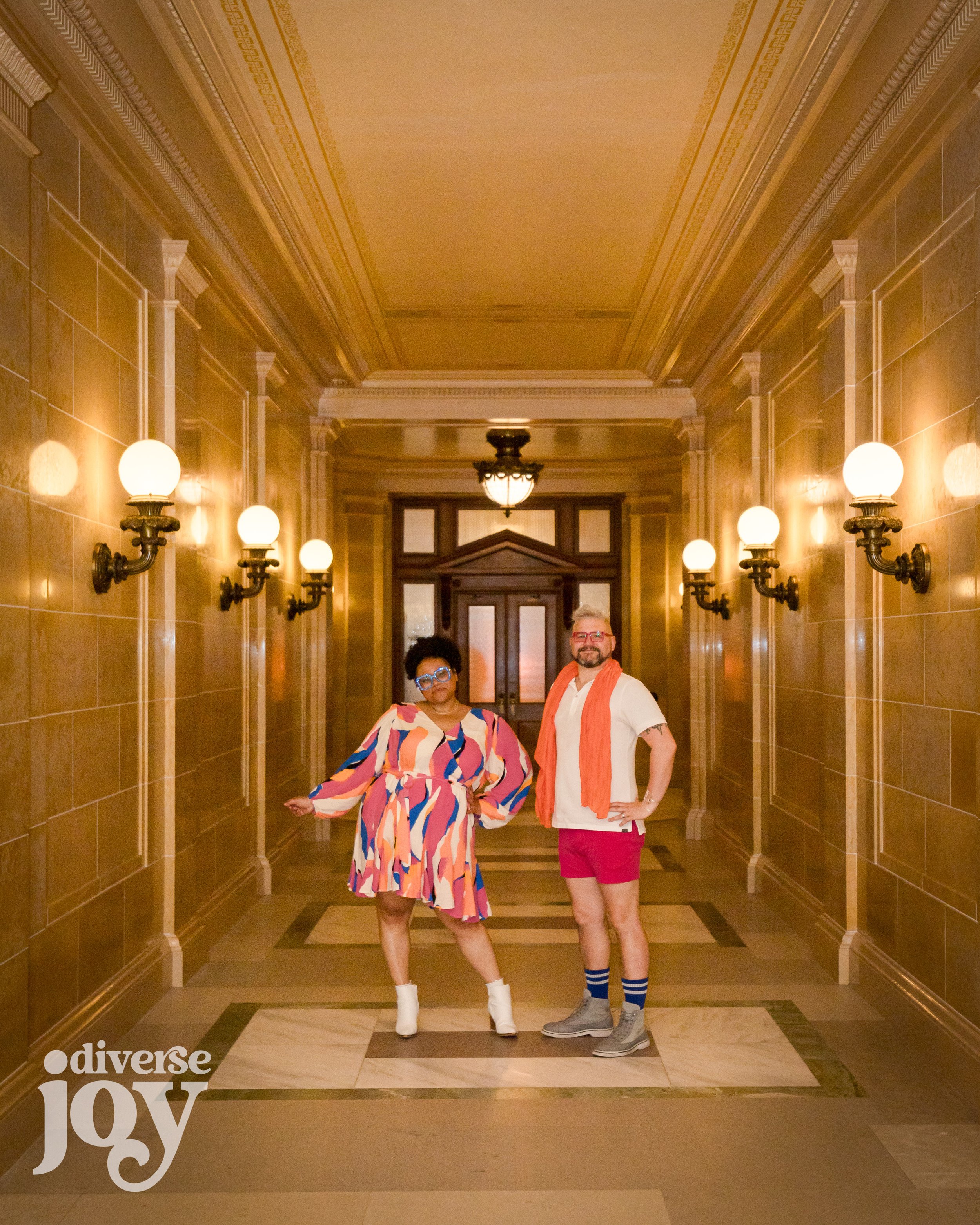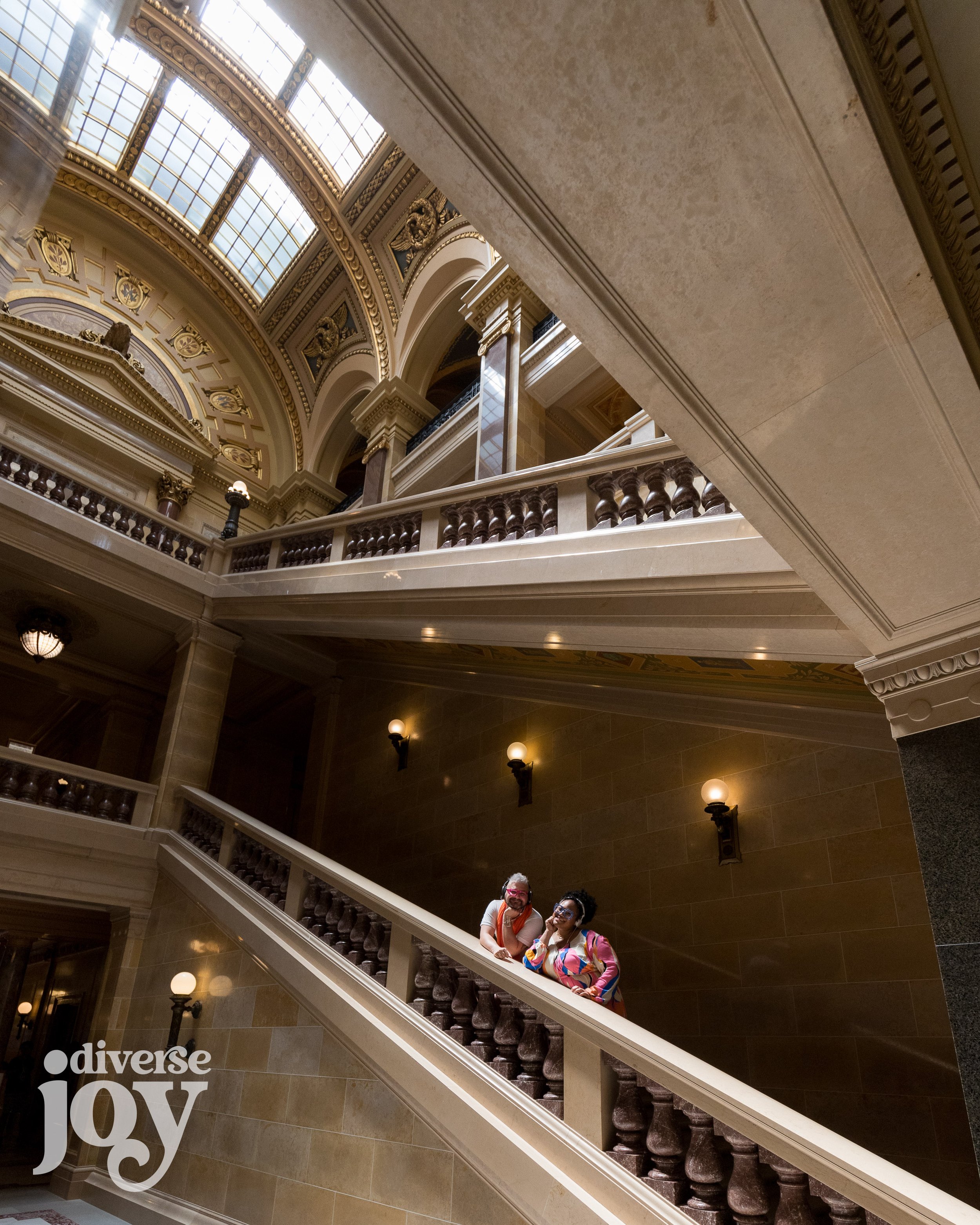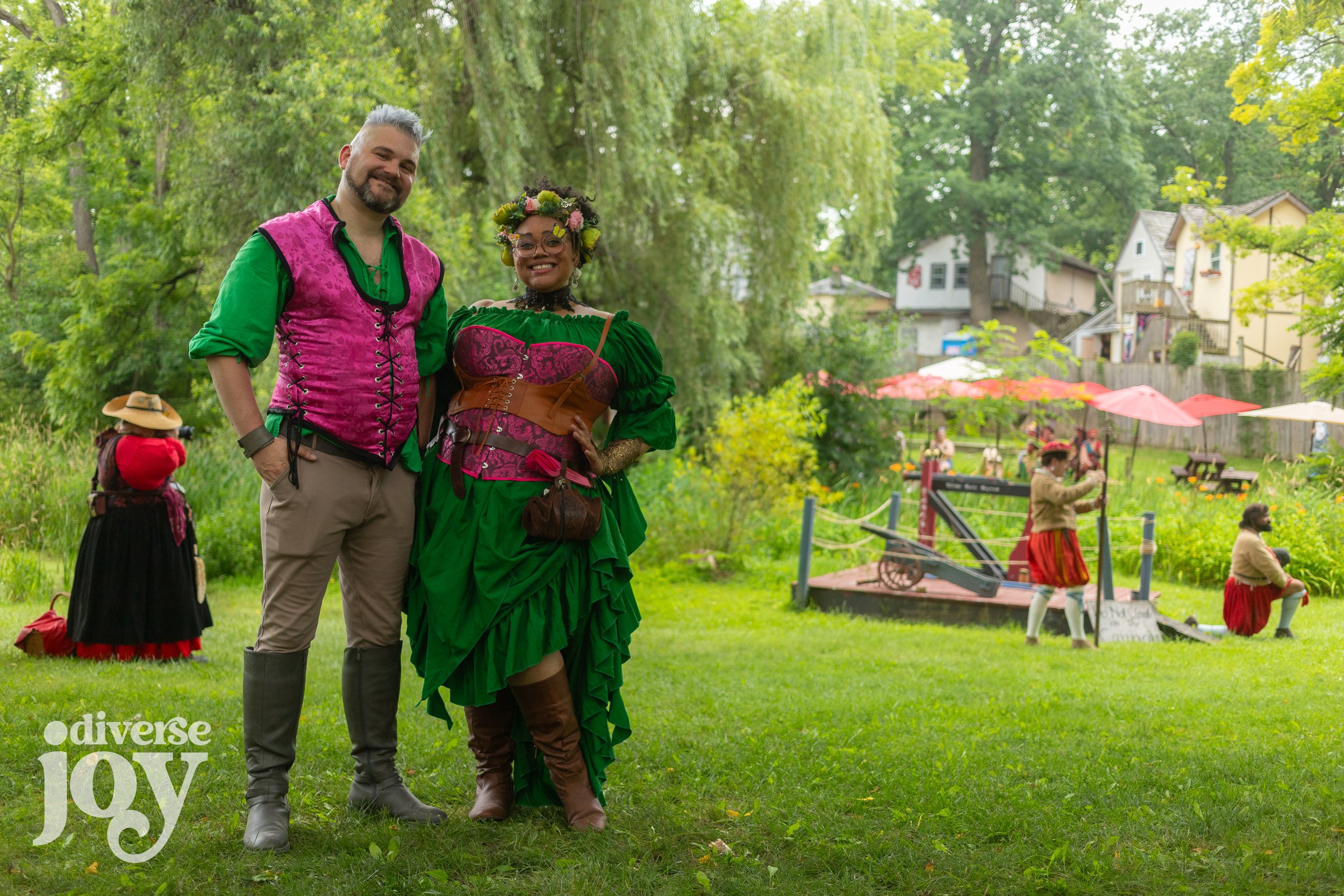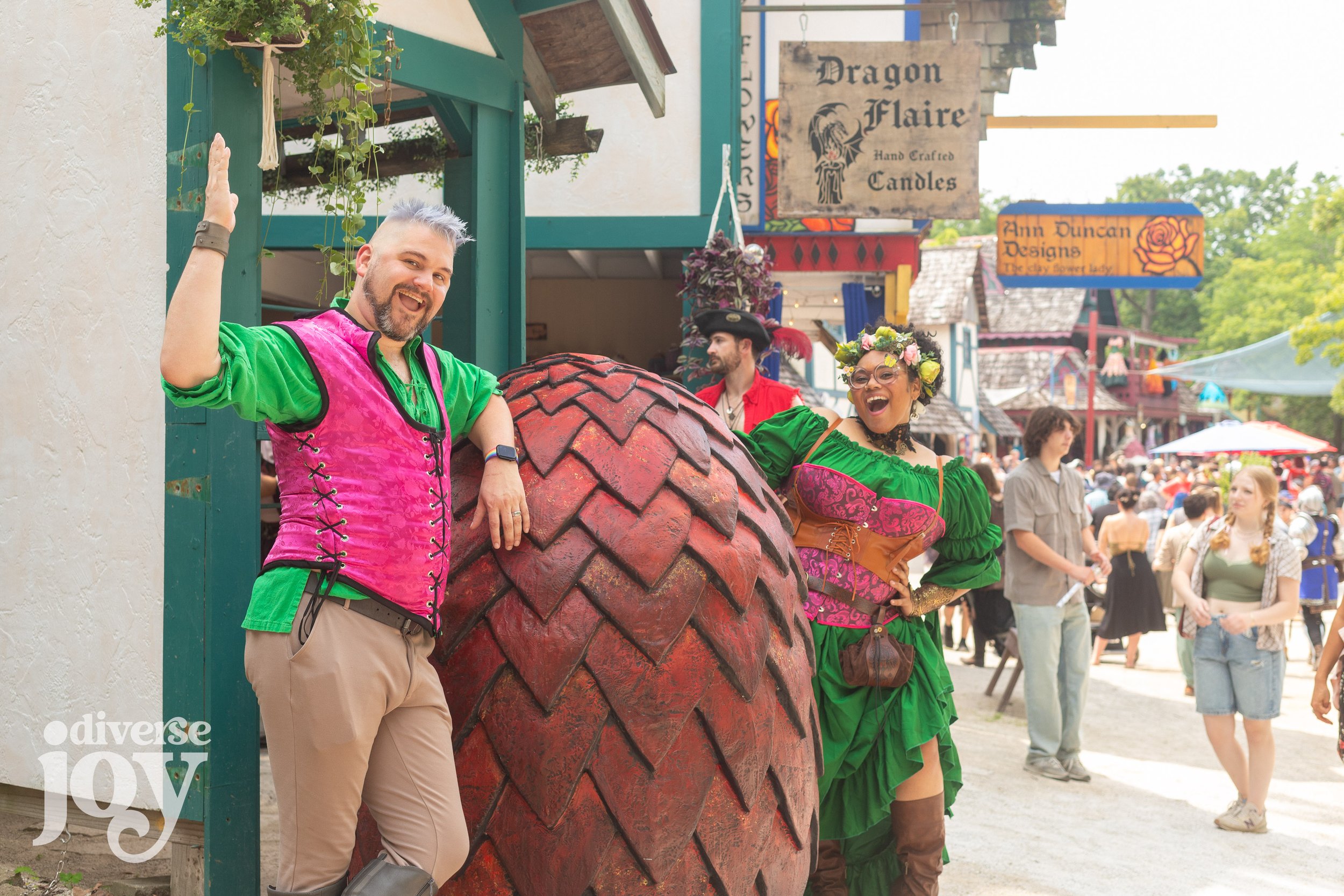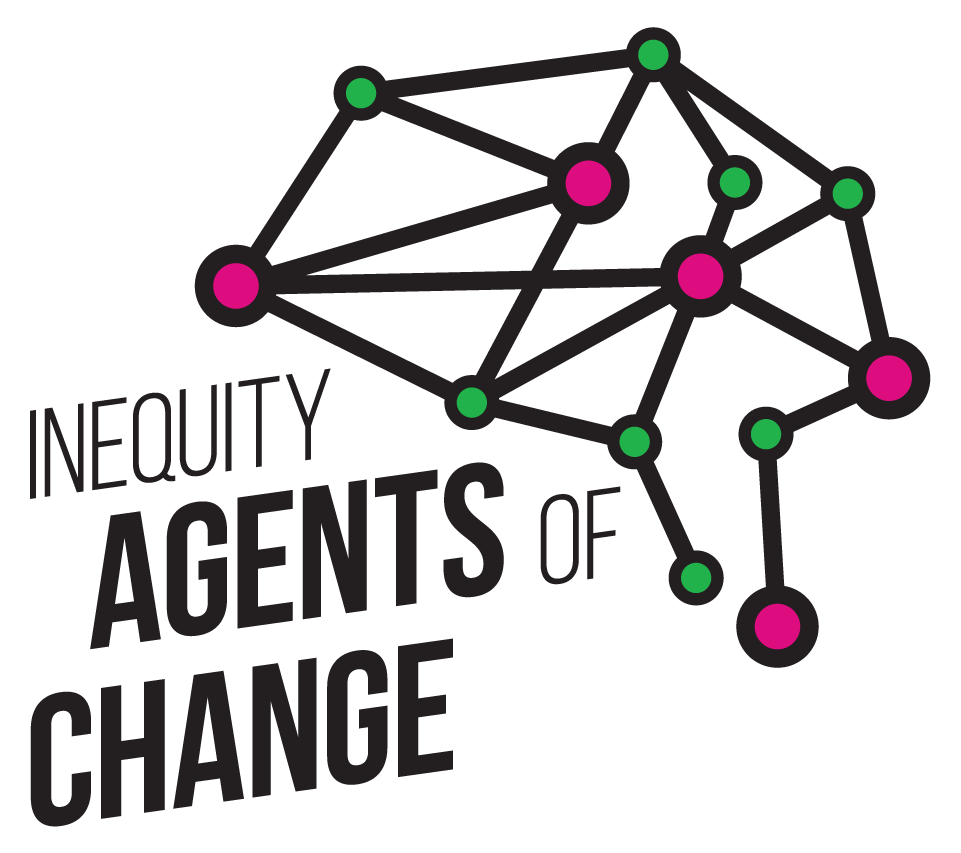Infusing science, practical skills, and joy into diversity discussions!
Diverse Joy ® Podcast
& Educational Video Series
With Dr. William T. L. Cox & Dr. Amber Nelson
Episodes of Diverse Joy® Release the First Wednesday of Each Month
Published episodes can be found below, by following the podcast wherever you get podcasts (links for various podcasting platforms are available below) or by subscribing to @BiasHabit on YouTube for the video version.*
*The audio-only podcast features the same content as the video version, minus some additional visuals.
Follow Diverse Joy on social media, including Facebook, Instagram, Twitter/X, Threads, and Bluesky.
Get notified about new episodes by signing up for our newsletter or by following (“subscribing to”) the show in your podcasting app or on YouTube.
Infusing Joy into Diversity Discussions
Diverse Joy is the official podcast of Inequity Agents of Change.
Cohosted by Dr. Cox and Dr. Nelson, with occasional guests, Diverse Joy is a free monthly podcast and educational video series. In each episode, the cohosts share some of the joy from their lives, discuss a diversity topic, answer audience questions, teach an evidence-based bias habit-breaking skill to help you in your efforts to reduce bias and promote inclusion and equity, and more! Their goal is educate while keeping you entertained, and most of all, to infuse joy into diversity discussions.
Diverse Joy is ranked in the top 5% of all podcasts globally, many teachers and professors use the educational videos in their classrooms, and many organizations use Diverse Joy as a monthly diversity activity. As its title implies, it focuses on infusing joy back into diversity discussions. Joy is both practical and scientifically justified as a weapon against bias.
Submit Questions and Topic Ideas for an Episode of Diverse Joy
We use audience questions in each episode of the podcast; if you have a question related to a topic in the realm of bias, diversity, equity, or inclusion, please send it our way!
If you have a relevant topic idea that you think would be a good subject for one our episodes’ main discussions, we’d love to hear it, too!
You can also just share your joy with us!
Please submit any of the above ideas using this form, and it may be featured on a future episode!
Season 1 of Diverse Joy was sponsored primarily by the National Institute of General Medical Sciences of the National Institutes of Health under award number R35GM128888. The content is solely the responsibility of the speakers and does not necessarily represent the official views of the National Institutes of Health. Production is also supported by donations to our nonprofit, Inequity Agents of Change.
We Also Have Merch
If you’re interested in supporting our organization, we also have Diverse Joy merchandise available. Your purchase supports production of Diverse Joy - and helps us spread the joy!
Meet the Diverse Joy Team
The Diverse Joy theme and interstitial music was composed and performed by Jay Arner
Guests of Diverse Joy have included:
Sandy Eichel, a wealth management advisor and international speaker; they’ve been on to discuss “What is Professionalism Anyway?”, trans* and nonbinary identity related topics, and in our April 2025 episode, recognizing and correcting your own biases!
Nicki Vander Meulen, a lawyer focused on disability issues and the first-ever openly autistic person to be elected to a school board in the United States; she’s been on to discuss disability desegregation in schools, and how the Americans with Disabilities Act (the ADA) has lead to accommodations to help everyone.
Valeria Martinez, an immigration attorney; she was on the November 2024 episode to discuss an array of topics and history related to immigration in the United States, as well as the role of the law in mandating fairness, asylum seekers, the definition of migrants as compared to refugee.
Bernie Hoes, an educator; he was on earlier this year to discuss “Living Black History” and how Black identity is not a monolith.
Diverse Joy Episodes
Listen to Diverse Joy on your favorite podcasting app (or watch on YouTube) with the links in the carousel below; or use episode pages here with embedded media players for the audio or the video for each.
Episodes are listed in reverse chronological order, with our most recent episode displayed first. Once you’re on an episode page, you can navigate to the next episode (in either direction) from that page. And episodes are tagged with relevant keywords to help you find related episodes!
S1E11: Intersectional Joy
In this early spring episode, Will’s joy is his local Gallery Night, a festive celebration of local art and artists. Amber’s joy is cherry blossom season in the Pacific Northwest. This episode’s discussion topic is “Intersectionality”, a term that had seen widespread attention and some misunderstanding in recent years. Intersectionality is a framework for understanding how our various identities come together (i.e., intersect) in unique ways. For example, the experiences of a straight Black woman and a gay Black man will have some similarities, but also important differences. We have a better understanding of people’s experiences when we consider their many identities that intersect. This episode’s question dispels misconceptions sometimes raised in rude public discourse that intersectionality is just about “adding up” identities for victimization. In story time, Amber shares a couple of powerful stories about difficult and positive interactions she’s had with police officers, and discusses some of the nuances of being Black and dealing with the police. This month’s habit-breaking skill is to Seek Individuating Information. The more you get to know the unique details that make someone and individual, the less likely it is that stereotypes and biases will try to “fill in the gaps” in your perceptions of that person, leading to discriminatory assumptions or behaviors. Will’s joyful recommendation is the hilarious and fun woman-led musical comedy TV show “Girls5Eva”.






